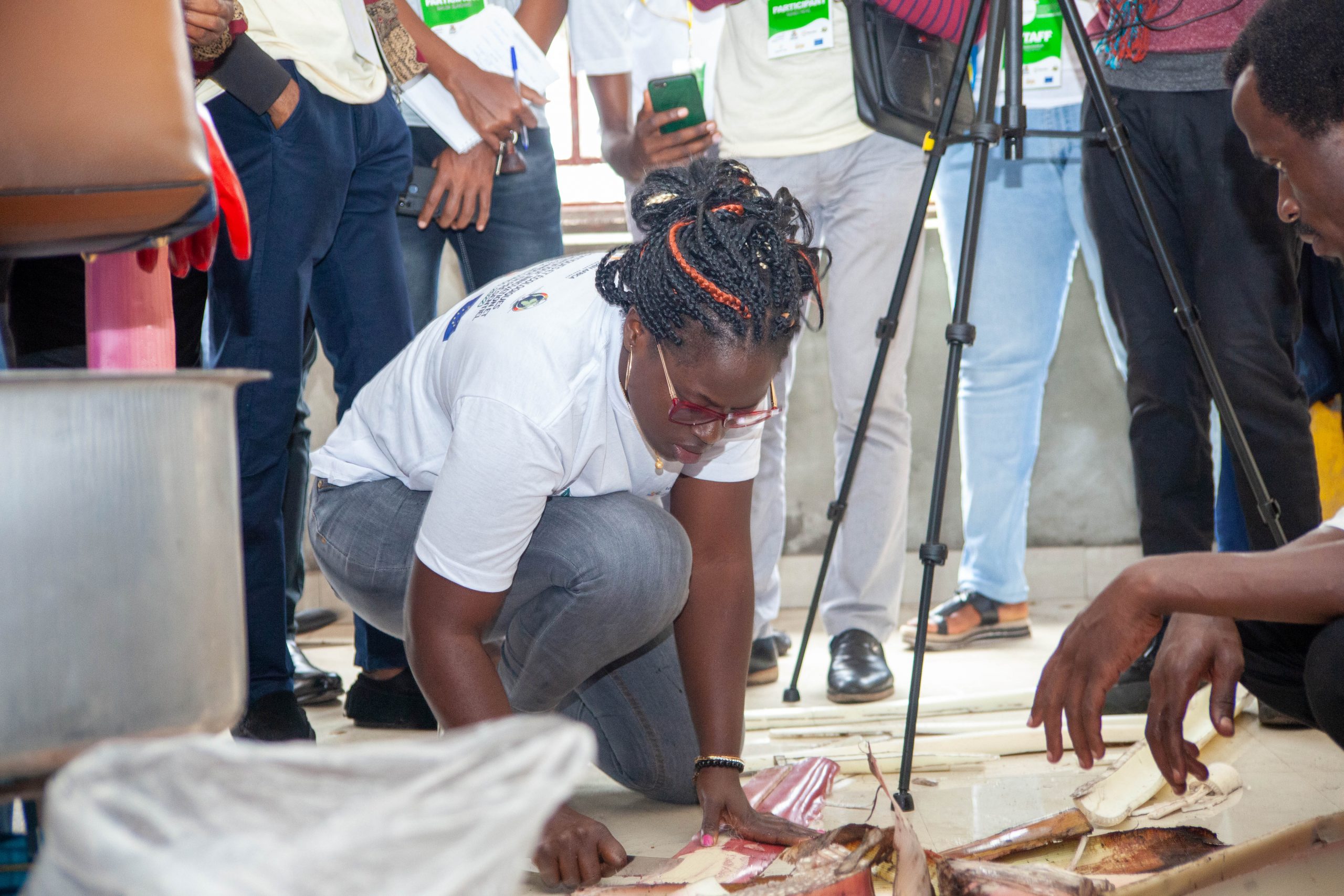Food insecurity has become a serious problem that threatens local development in the Democratic Republic of Congo (DRC). This has been exacerbated by repeated wars, which have led to malnutrition. The answer to this problem can only be found by increasing local production in the production basins through increased productivity supported by an entrepreneurial spirit.
With its partner, the NGO ENABLE, Congo Bio Tech has set up 3 value chains: maize, soya and beans. To produce maize grain, 75 fields were planted with hybrid varieties in September 2023. This was combined with soya and beans to stimulate sustainable agriculture and contribute to food diversity within households. These initiatives were set up in the provinces of North and South Kivu, in the east of DR Congo, in the territories of Nyiragongo, Masisi and Kalehe, where the production village concept is being tested.
In a controlled field, 4 hectares of maize are being planted in Kalehe, mainly in Minova, for the production of certified seed. The expected yield is 2 tonnes of clean maize seed per hectare. The entire seed multiplication plot should provide 8 tonnes of clean, certified maize seed capable of covering 320 hectares in season B 2024. Seed distribution is planned in the form of seed loans covering 640 agricultural plots in February 2024, which will go to 640 farming households in the different production villages. By the end of July 2024, an estimated 640 tonnes of grain maize will have been harvested and processed in agricultural enterprises.
For the renewal of seed for growers, 4 hectares will be sown in season B 2024 (February 2024) to provide a source of certified seed next September. And the seed production cycle will be conducted each time for the renewal of plant material. Over the 4 years of the project, it is planned to reach 35,000 households producing 70,000 tonnes of grain maize.
Once produced, this maize grain will be milled into flour to provide 49 million kg of maize flour capable of reducing imports of this commodity into the province of North Kivu, where food insecurity has increased as a result of the repeated wars in the east of the DRC.


